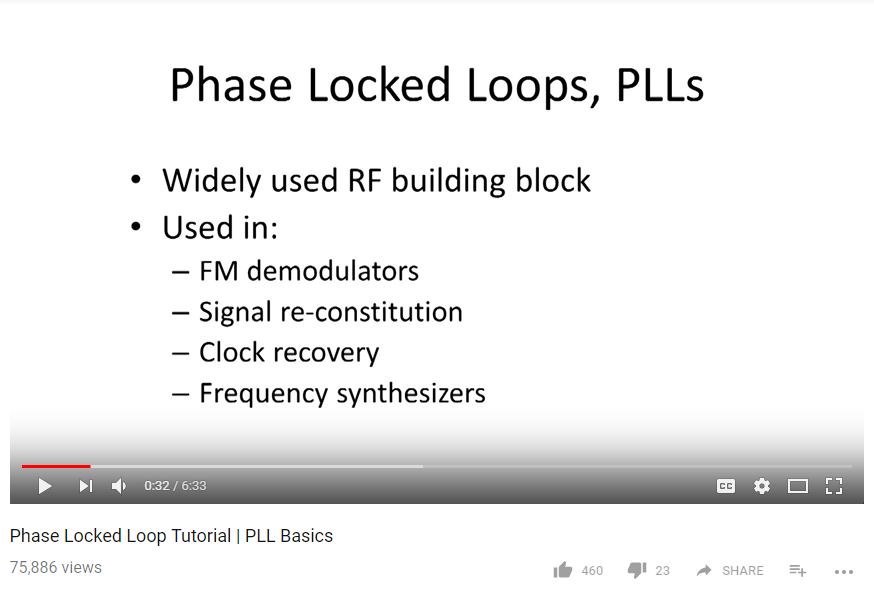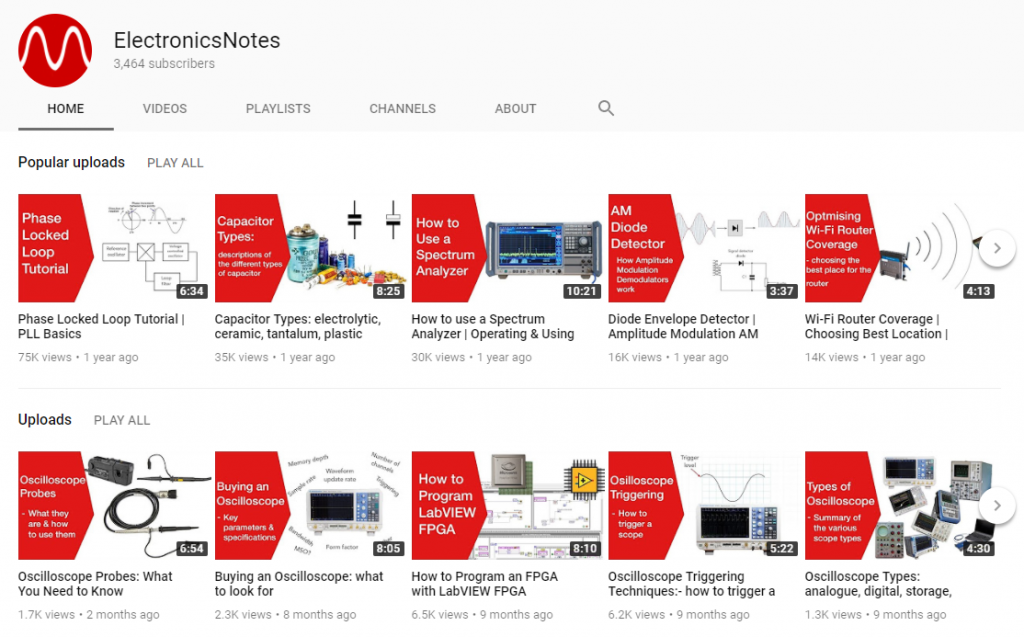With video quickly becoming a huge part of the B2B industry, I was delighted to receive a blog from Ian Poole, editor of Electronics Notes who explores whether video really does work for website owners in the electronics sector:
Does Video Work?
This is one of the questions that website owners in the electronics sector ask themselves. Possibly the way to answer this question is to look at the BBC and see the ever increasing number of videos on their site, and it would seem that the answer is that Yes, video does work on the Internet.
However, possibly the right question to ask is whether video works for me. The BBC has the advantage that they broadcast video on their TV channels and it is relatively easy to rearrange the format for the Internet, and also they have a huge audience. Websites run in the electronics sector typically have much smaller audiences and so careful consideration is required.
A well made video is expensive to produce. A typical figure for producing a video is about a man day a minute for a reasonably well produced video. This represents a large investment in time for even a short video.
Whilst it is possible to upload videos that might consist of a simple interview, and this can be done in a few minutes, these interviews typically only get a few views, often measured in hundreds at best, or that is my experience.
It is necessary to look at the aim of running videos. At Electronics Notes we have been wrestling with this problem, and as a site providing reference material we need to try to ensure some return on the investment in time. Monetising the videos on YouTube brings in a small revenue, RPM rates of between £1 and about £5 are the best that can be expected so it needs a lot of views to make a channel viable, especially when it may take a few days to make a video. Some people like Dave Jones at EEVBlog have honed their offering very well and his channel has a huge level of traffic of over 80k views a day!
A well-made video explaining a topic people are searching on can have a significant number of views. One of ours on phase locked loops has served over 75k views since November 2016, and a couple of others have served around 30k views in a similar period, but not all have: https://youtube.com/ElectronicsNotes


So what is the point of running videos? The major gain is that it increases engagement with the main website. There are some SEO advantages – with YouTube being the second largest search engine after Google itself, it is another opportunity to promote the website and the brand.
Also it increases engagement with the main website. A video embedded into the page enables visitors to understand the topic in the page without having to read through a lot of text. Having a topic explained on video is much easier than reading.
It is also worth considering how much to invest in developing a YouTube channel. YouTube channels providing a new video every week at the same time, as well as encouraging new subscribers to the channel and other SEO techniques for video will do much better. But the question to ask is whether this is achievable.
So really video should not be looked upon merely as a money generation opportunity, but another part of an overall offering. One that enhances the experience of the visitors and improves the content on the page. Whilst cost and monetisation may be two points to put into the equation, it is necessary to look at the wider picture, and then it is not always possible to exactly calculate the return the video is giving, but with more organisations using video, it is good to use it where possible.
